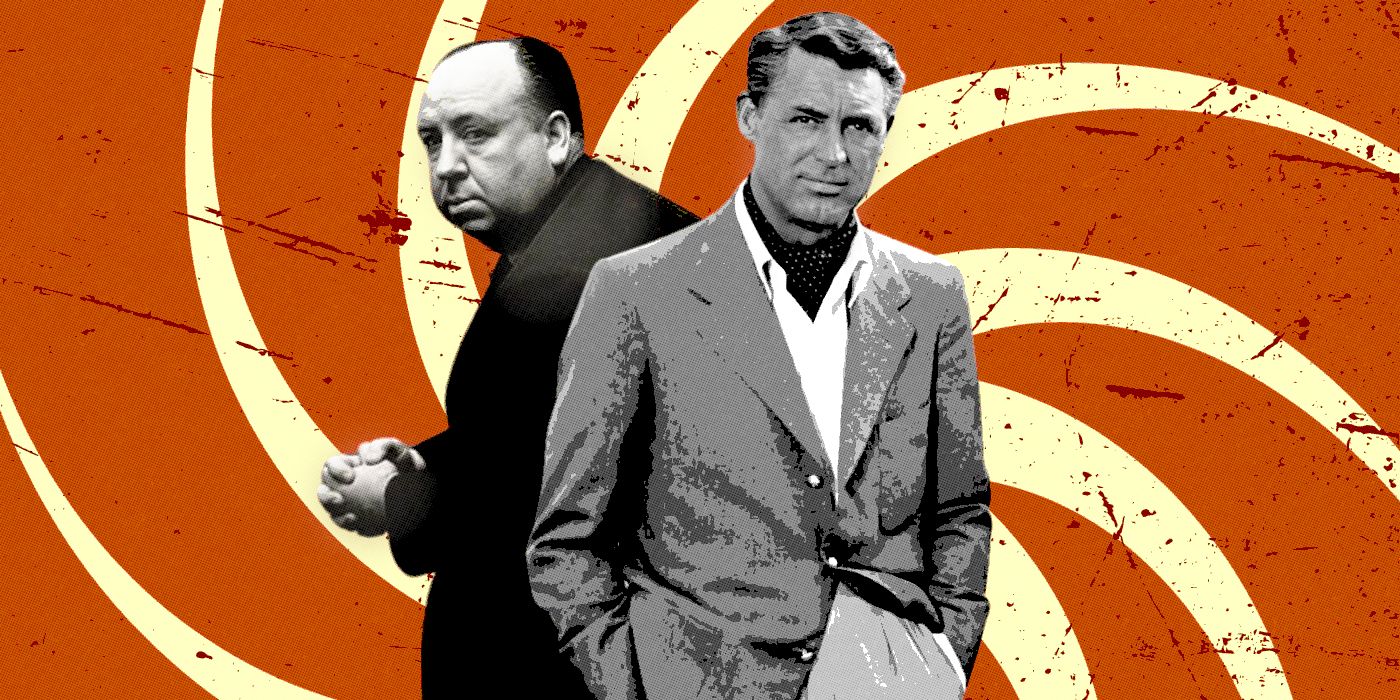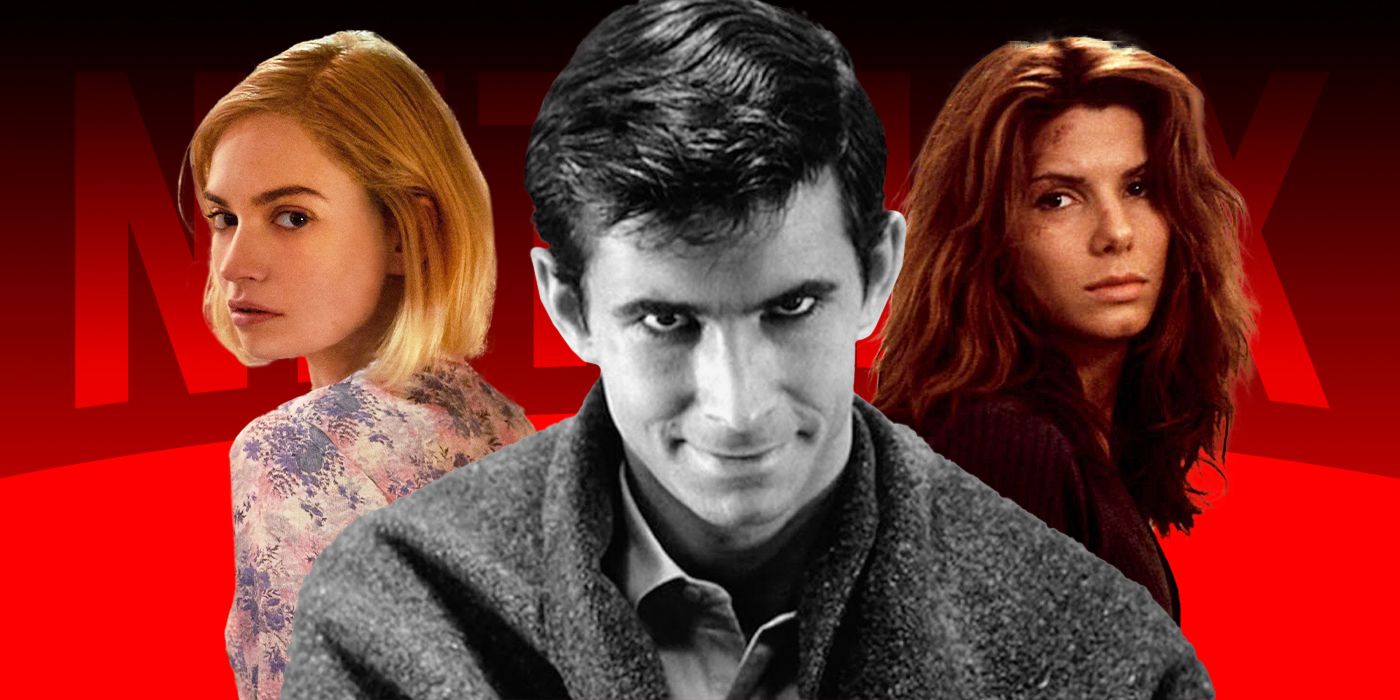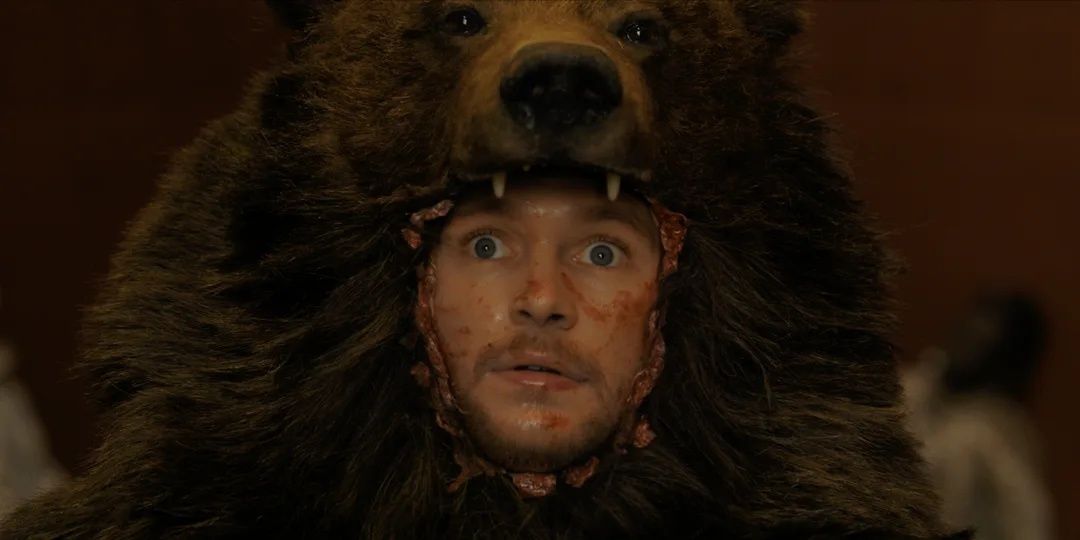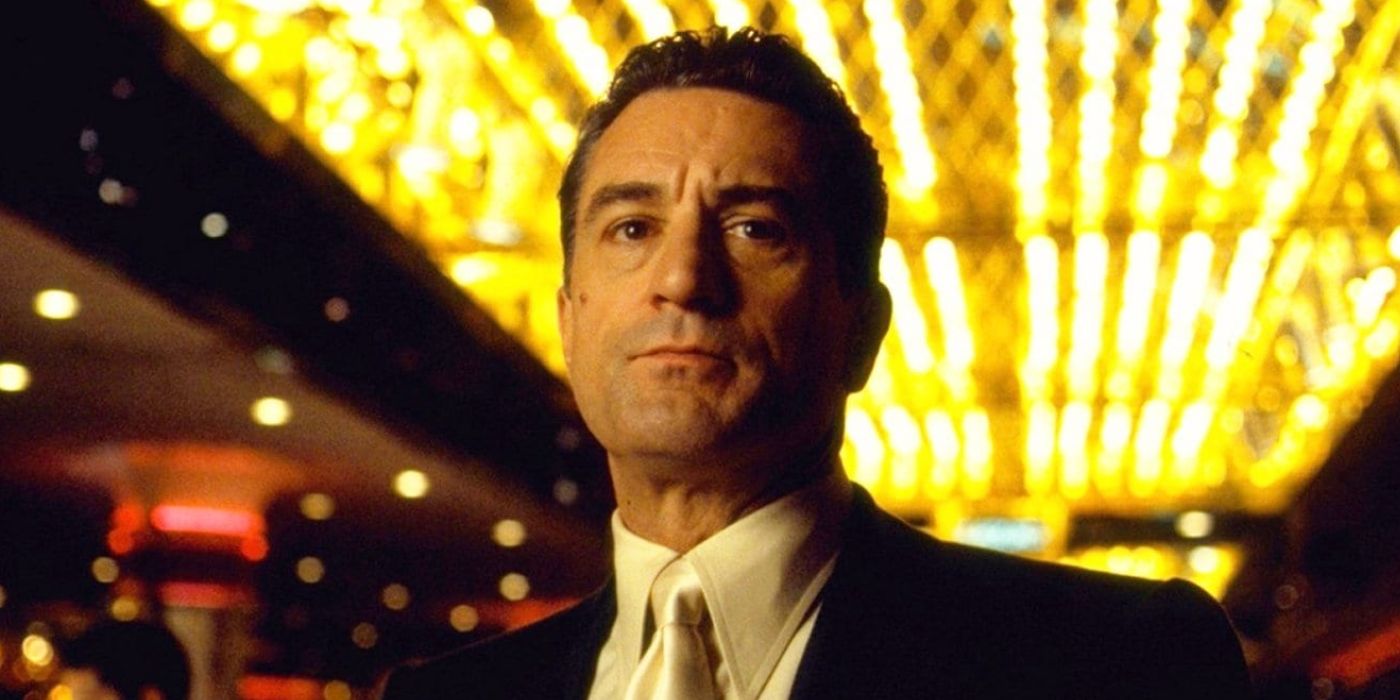Although the 1960s are now a long time ago, many of the decade's best movies are just as compelling as ever. Across all genres, the '60s produced classics which have stood the test of time and rank among the best movies ever made. From horror classics like Psycho to comedies like The Graduate, there's something for everyone to be found in the annals of the 1960s, even if some people don't think that older movies are for them.
The 1960s was a pivotal decade for the history of film, as the ideals of Old Hollywood faded away to make room for a new generation. This meant that Old Hollywood classics like The Sound of Music stand alongside emblems of New Hollywood like 2001: A Space Odyssey. These conflicting styles mean that there's a broad array of great movies from the '60s that are still worth watching all these years later.
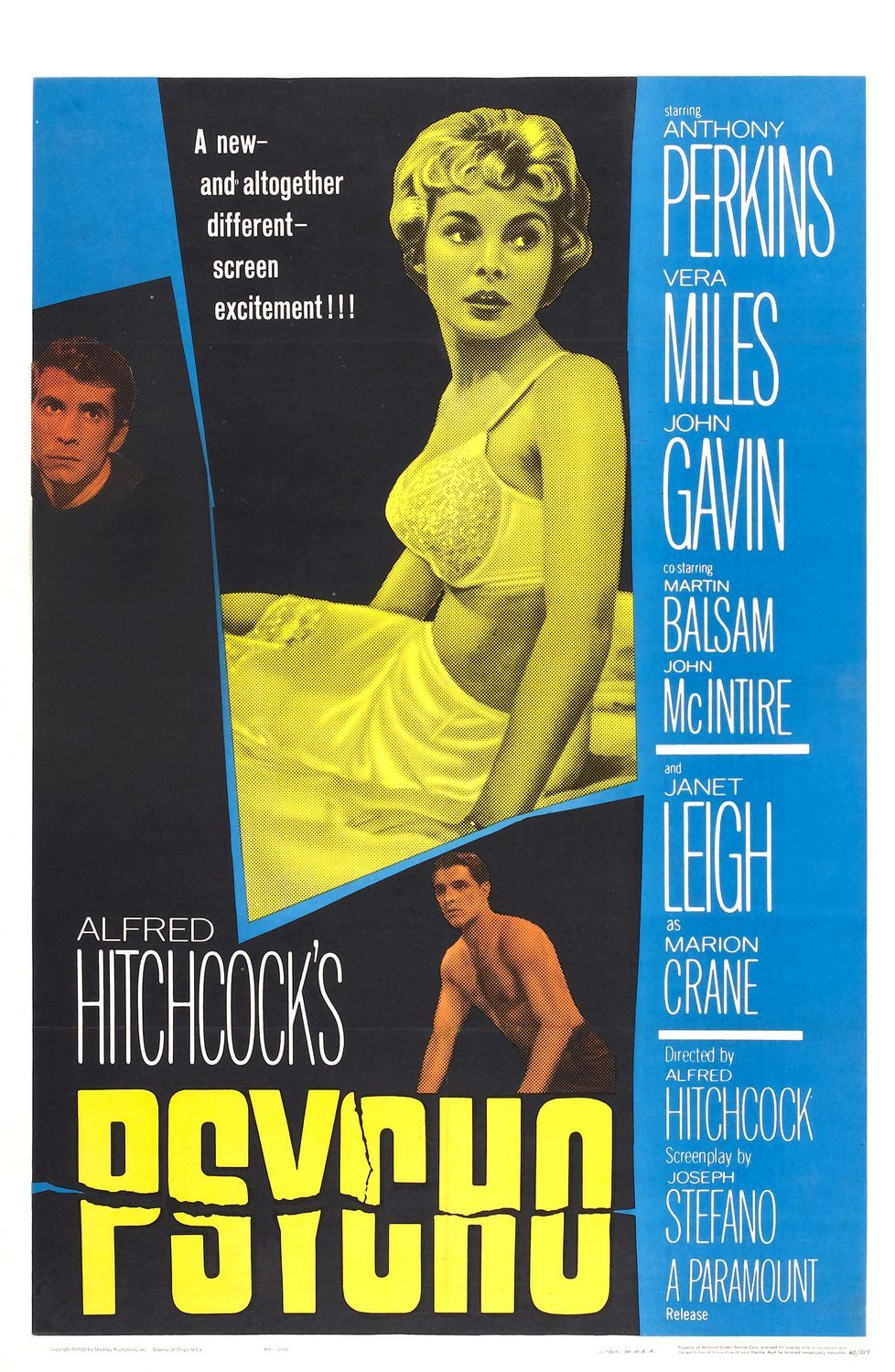
Alfred Hitchcock had already enjoyed a long and successful career by the time he made Psycho, but it proved that he still had the capacity to innovate. The horror classic is now seen as one of Alfred Hitchcock's best movies, and it displays a stylistic swagger that comes with experience. Hitchcock reaches deep into his bag of tricks to create several iconic scenes that are quite unlike anything that came before them.
| Psycho (1960) | 97% | 8.5 |
| The Birds (1963) | 94% | 7.6 |
| Marnie (1964) | 80% | 7.1 |
| Torn Curtain (1966) | 63% | 6.6 |
| Topaz (1969) | 68% | 6.2 |
Psycho underlines Hitchcock's status as the master of suspense, especially in the early scenes between Marion Crane and Norman Bates. However, it's also a wonderfully crafted murder mystery rich with dramatic irony. After a shocking midpoint twist, Psycho changes tact without ever losing its intensity. Its ability to straddle two genres without compromise is just on reason why Psycho is often considered one of Alfred Hitchcock's best movies.
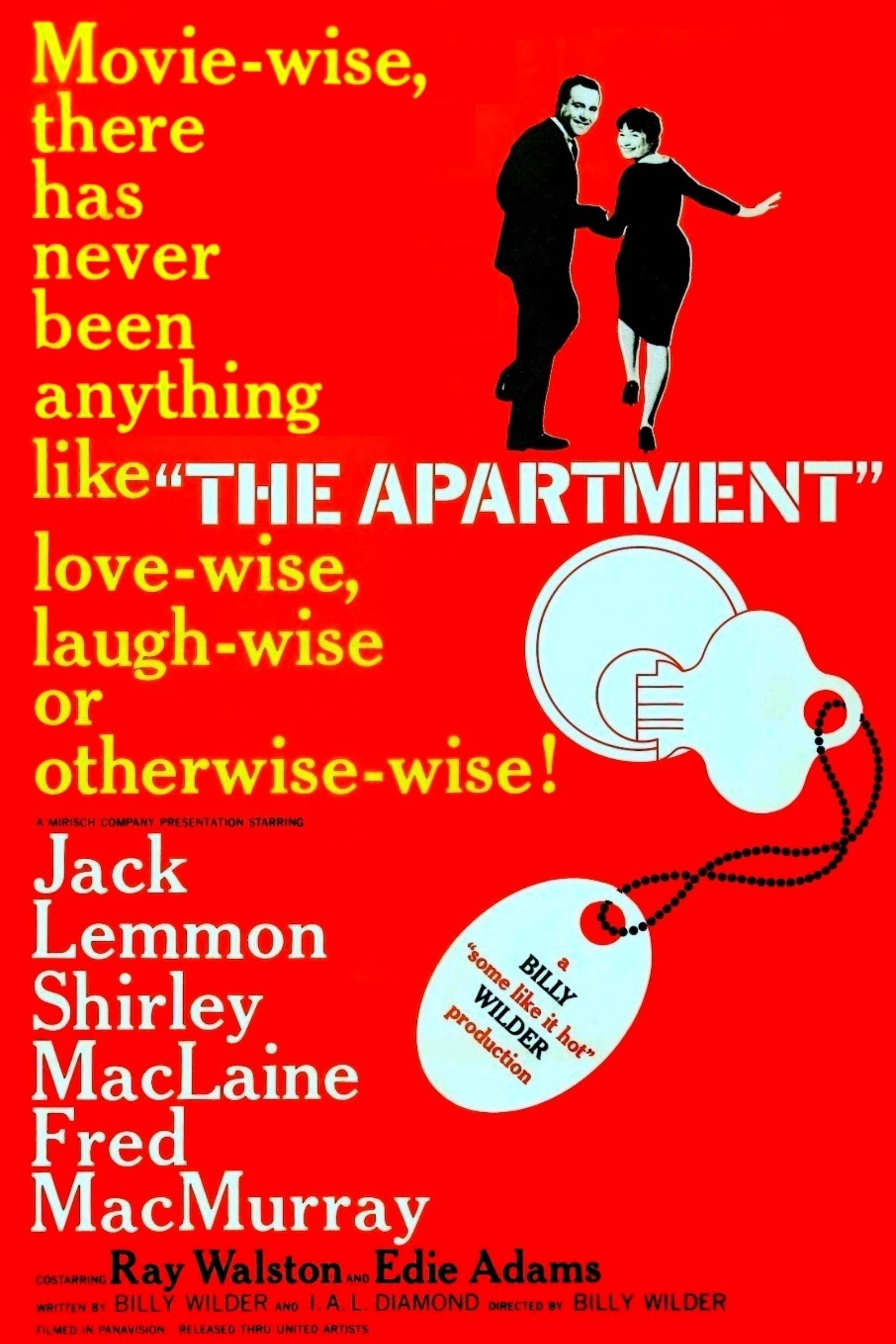
The Apartment
- June 15, 1960
- 125 minutes
- Billy Wilder
- Billy Wilder, I.A.L. Diamond
Billy Wilder developed a reputation as one of Hollywood's best directors of comedies, but he also had the range to create hard-hitting dramas when he wanted to. The Apartment is often described as a breezy comedy in the manner of Some Like It Hot - with Jack Lemmon starring for Wilder once more - but its snappy comedic dialogue and festive setting can't obscure the darkness of the story for too long.
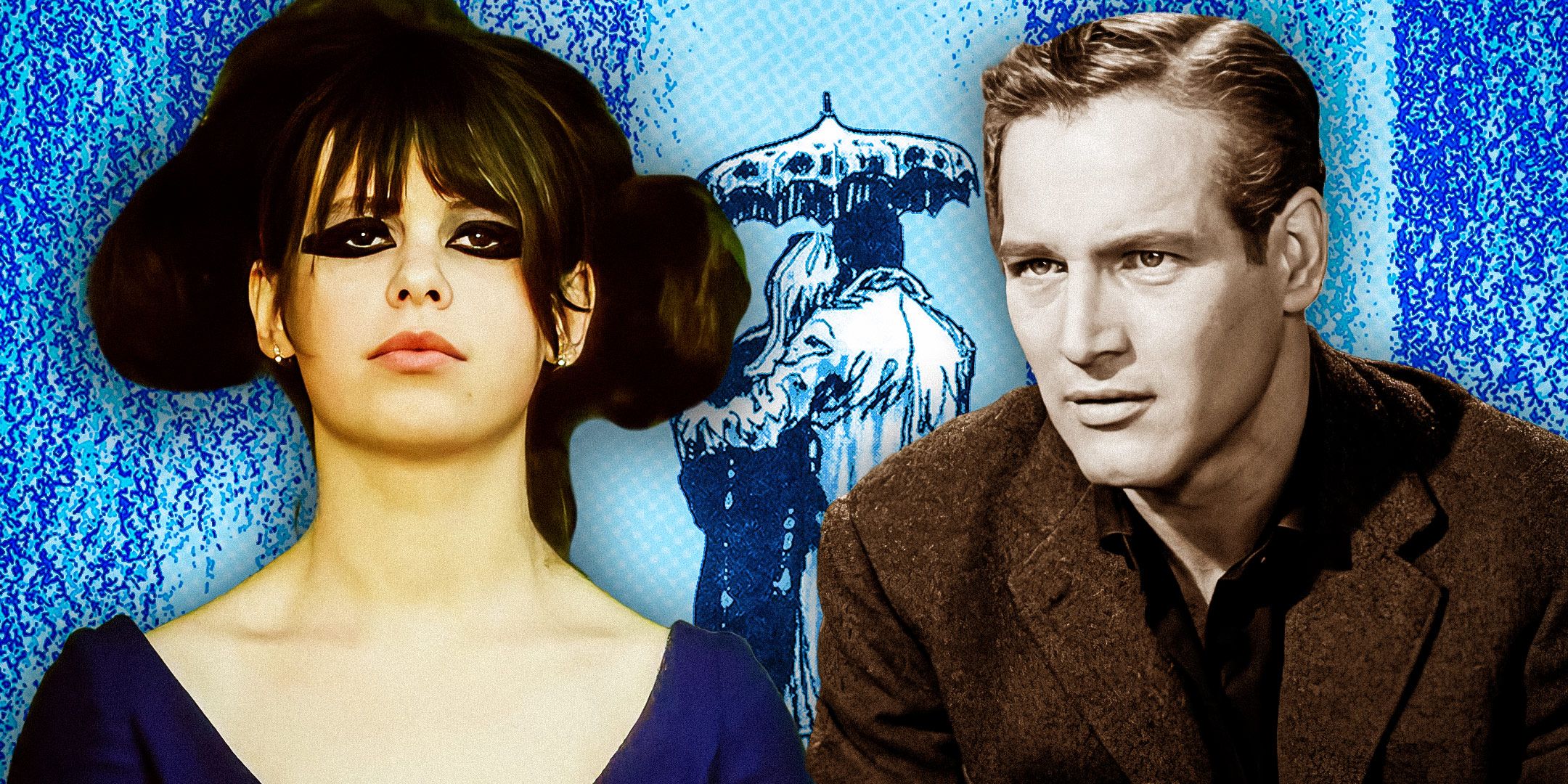
Related
10 Classic 1960s Movies That Were Ahead Of Their Time
Several classic 1960s movies have paved the way for films of today for their technical and thematic brilliance.
The Apartment is as quick-witted as any of Wilder's movies, and its observations of modern life hit just as close to home, but it deals with some heavy topics. . She has the comedy chops to keep pace with Lemmon and the dramatic skills to pull off a shift to something much darker and more somber. Wilder shows a deft touch too, delivering on the promise of an intelligent comedy while questioning the boundaries of the genre.
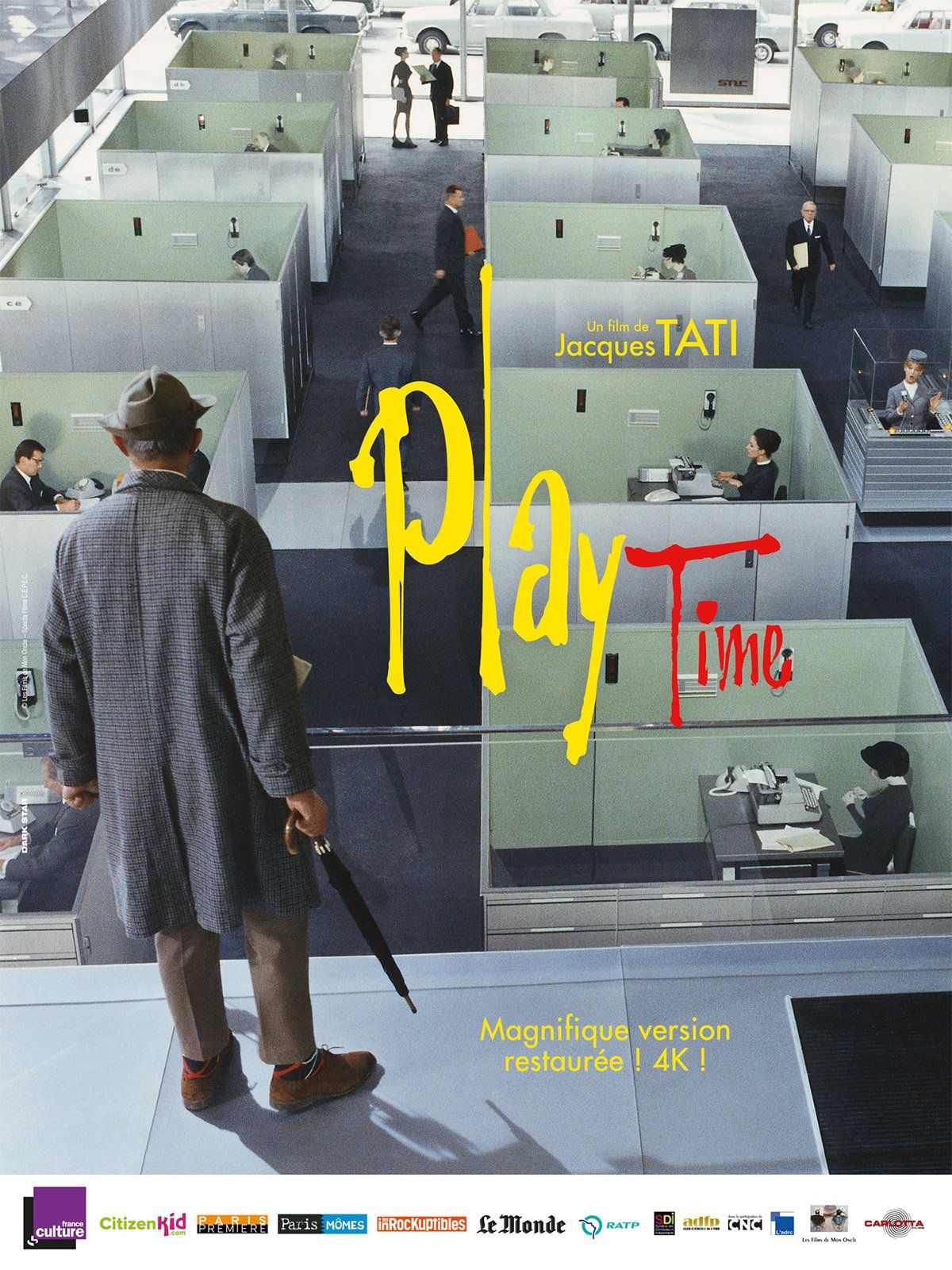
Jacques Tati's Playtime is a French film that doesn't require any knowledge of the French language, since the only dialogue is heard from around corners, through walls or out of windows. In Tati's peculiar cityscape, information is conveyed via visuals and broad, cartoonish gestures. Tati's Monsieur Hulot is constantly at odds with this world, as if everyone else has an implicit understanding of its rules.
Jacques Tati's Playtime is a French film that doesn't require any knowledge of the French language.
, using techniques from silent films and old-school cartoons to portray a city like an alien planet. Tati plods through the streets in search of meaning, constantly getting in other people's ways and generally making a fool of himself, but he's ultimately the only character who the audience can relate to. Before he bends the world around him into a cacophony of chaos, he is the only one who seems disturbed by its ridiculousness.
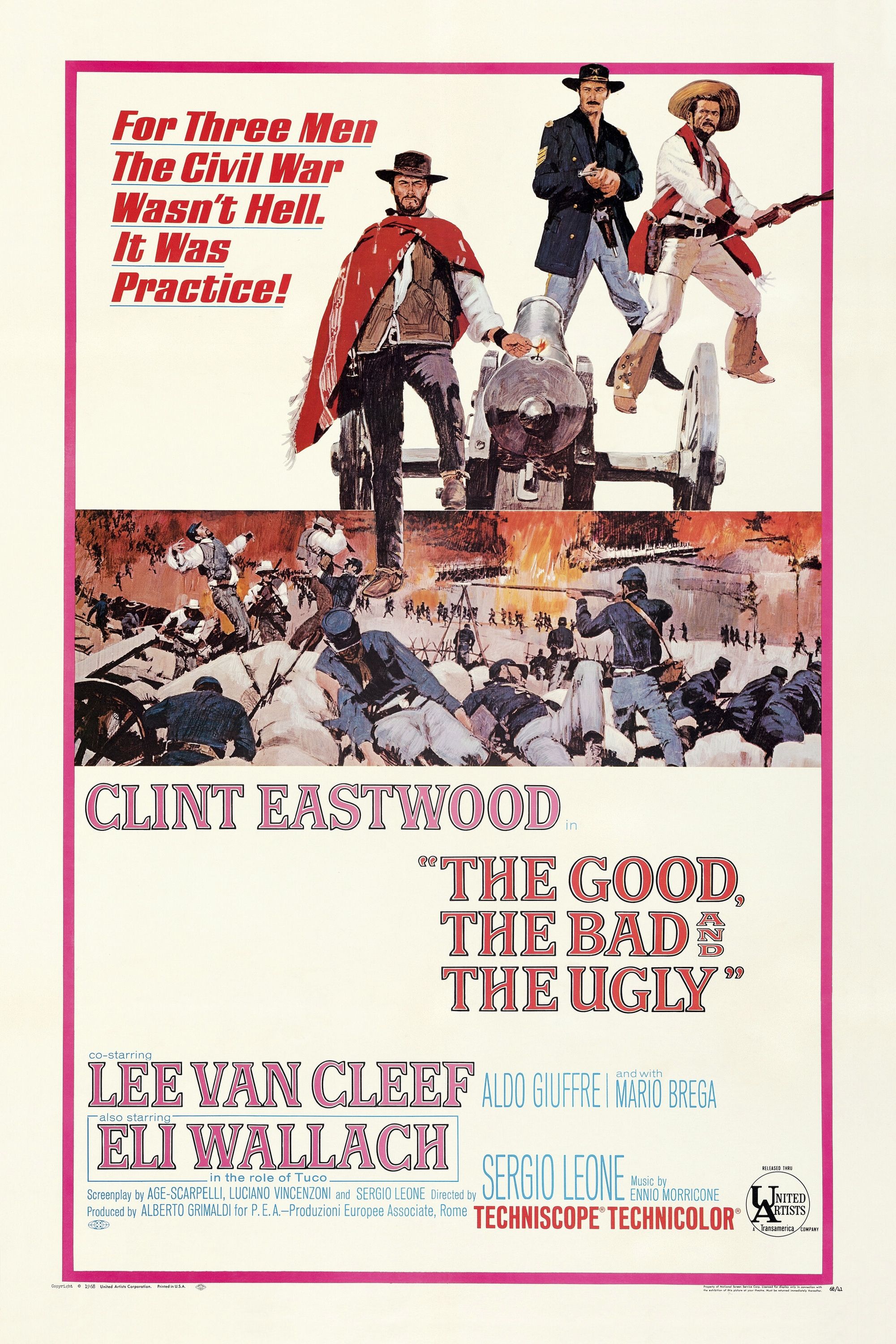
The Good, the Bad and the Ugly
- December 29, 1967
- 161 minutes
- Sergio Leone
Sergio Leone's Dollars trilogy helped breathe new life into the Western genre, and it also launched Clint Eastwood's career as one of the biggest movie stars in the world. The Good, the Bad and the Ugly is the final movie in the trilogy, and it's often cited as the best. It continues to set the standard for the Western genre decades later, thanks to some captivating performances, Leone's eye for drama and
The Good, the Bad and the Ugly is the final movie in the trilogy, and it's often cited as the best.
Eastwood seems as though he was born to play the Man with No Name. He radiates effortless charisma without much dialogue at all, and he forms one third of a compelling dynamic with Lee Van Cleef and Eli Wallach. The way that these three characters interact in their uncomfortable alliance is the source of endless drama. Leone has the finesse to couple bursts of frenetic action with compelling character details.
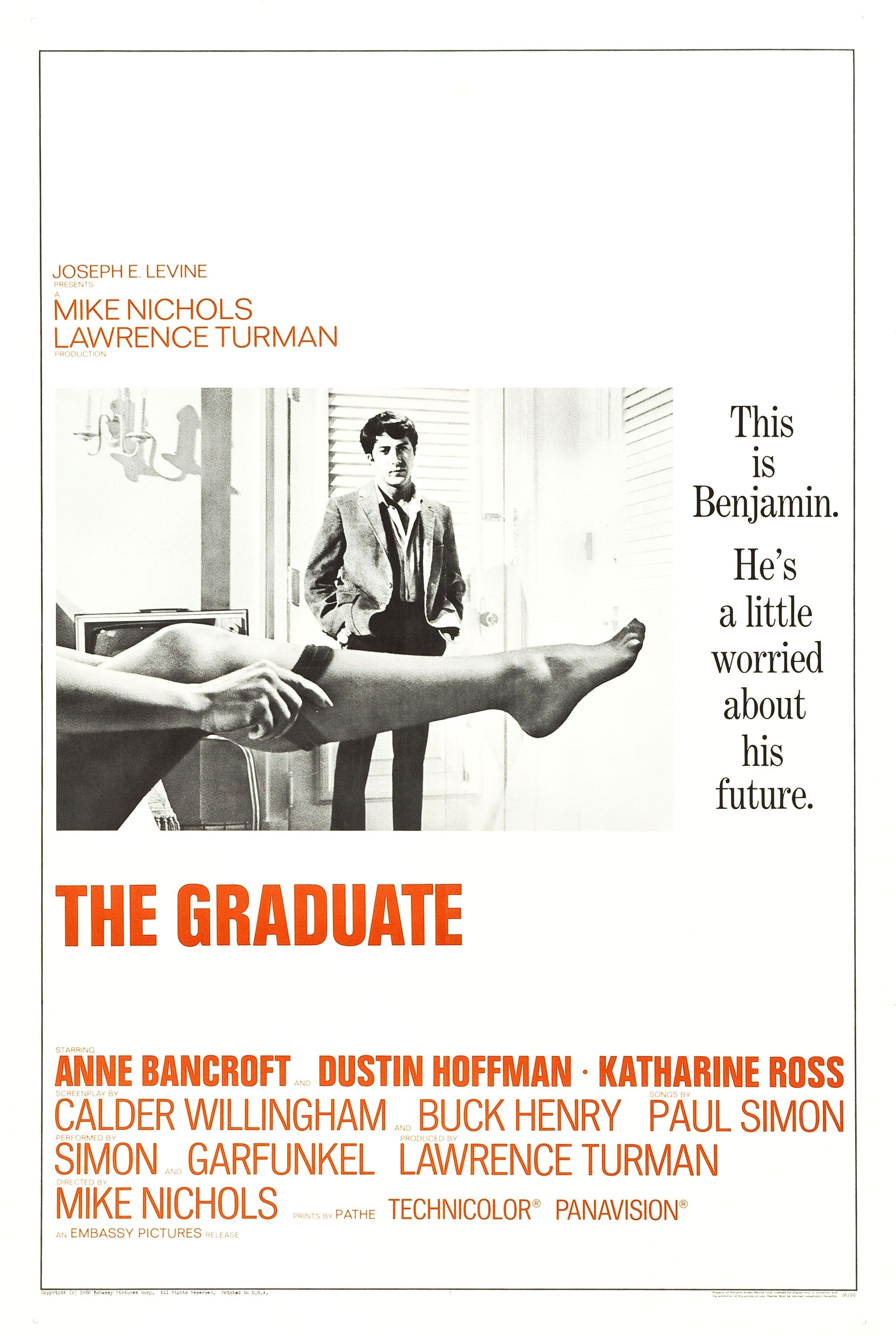
The Graduate
- December 21, 1967
- 106 minutes
- Mike Nichols
- Calder Willingham, Buck Henry
The Graduate stars Dustin Hoffman in one of his greatest performances as a college graduate who doesn't know how to handle the next steps of his life. Although it's decades old, it's still relevant to graduates today, or any young person who faces a crisis of identity. Benjamin Braddock is constantly advised by his parents and their friends on what his next move should be, but this advice is never solicited and never relevant.
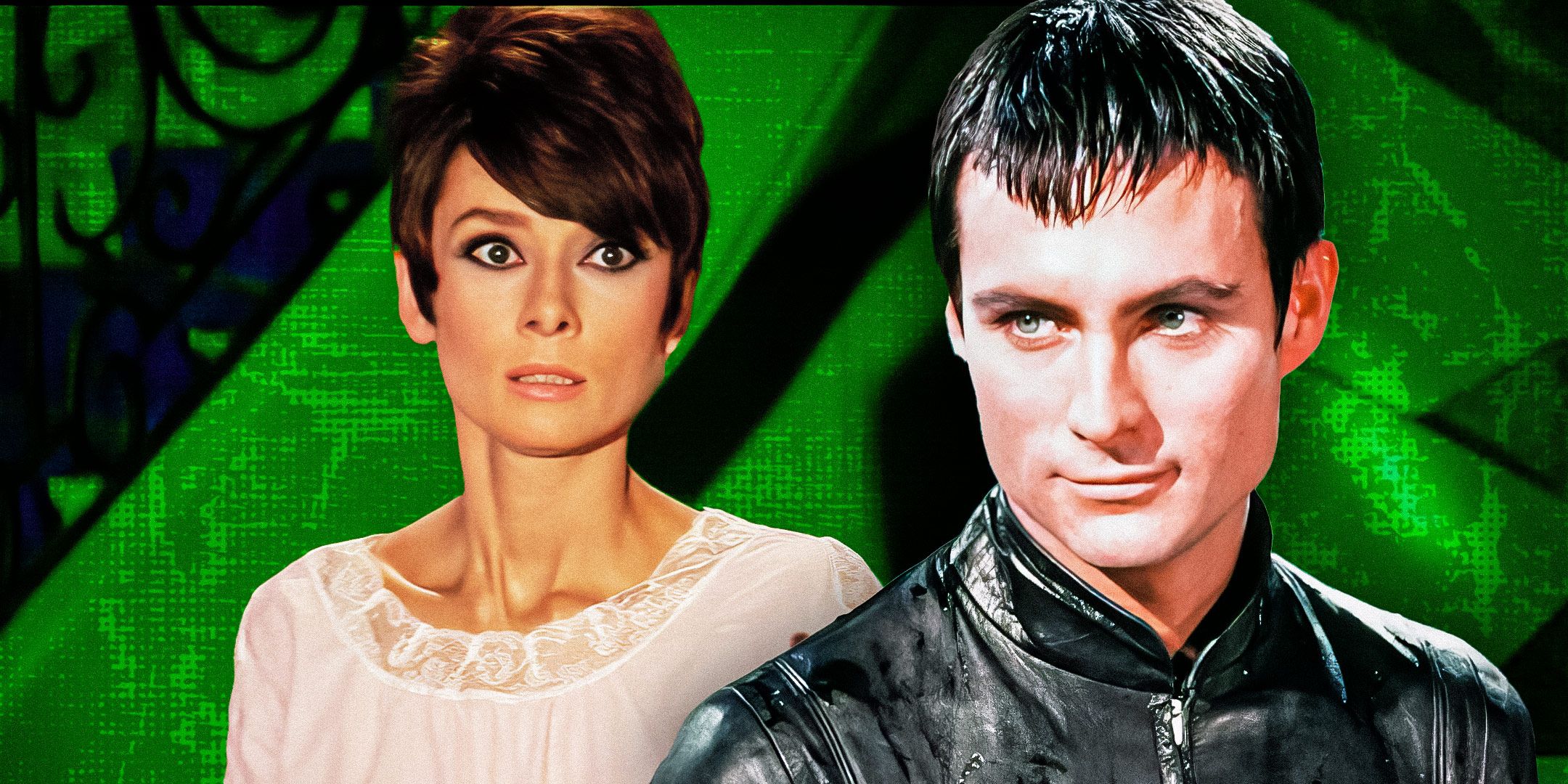
Related
10 Best Heist Movies From The 1960s, Ranked
Heist movies in the 1960s were more stylish and lighthearted than most crime movies, with a focus on intelligent thieves rather than violence.
The Graduate's ending solidified its place as a classic, and it's still spoken about for its ambiguity and melancholy. Benjamin and Elaine may have defied their parents, but ultimately, this is a Pyrrhic victory that leaves no better than before. This is the final emotional hammer-blow of a movie that satirizes the state of play, but mostly keeps things light. As the iconic soundtrack chimes in, Benjamin and Elaine find themselves in darkness.
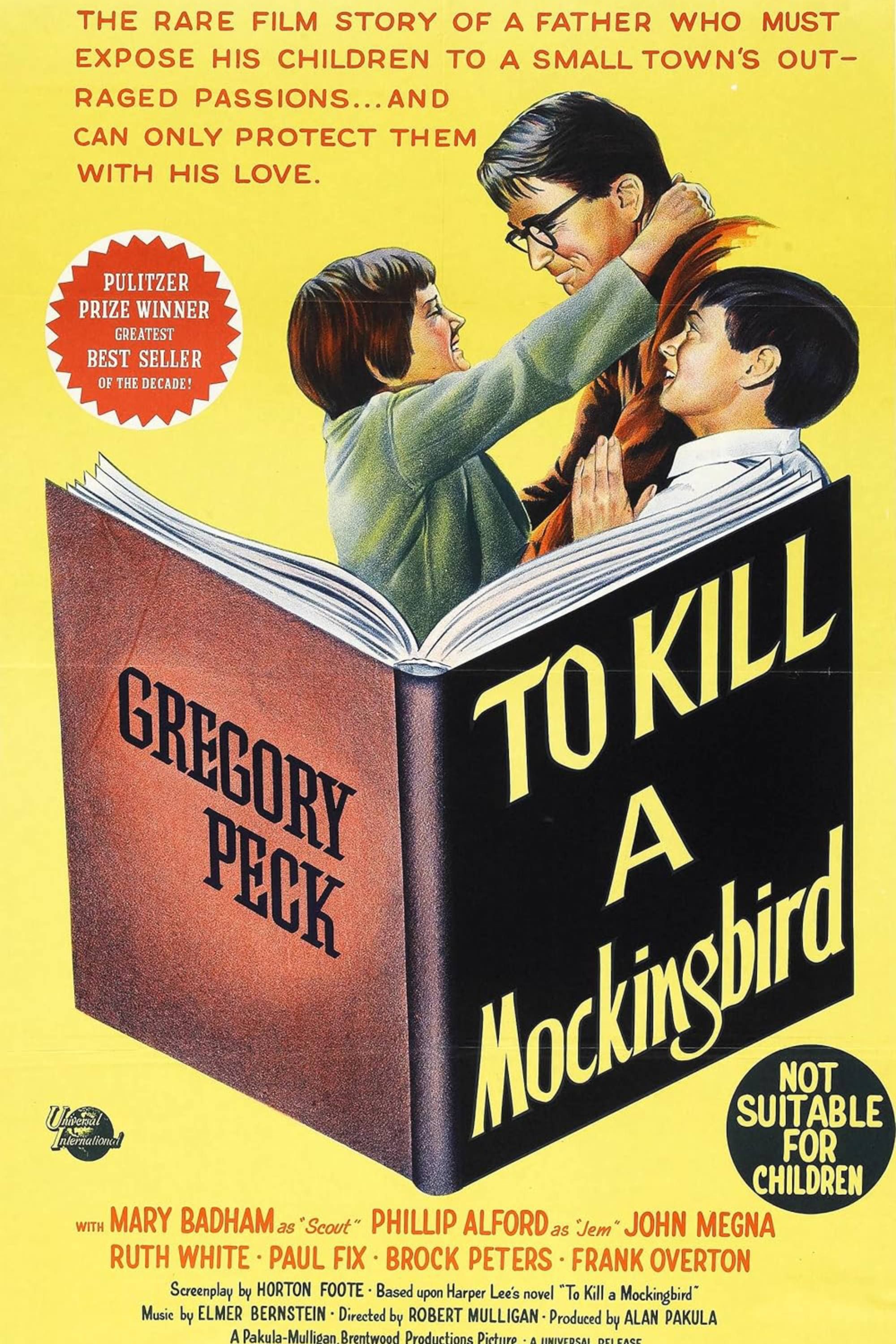
To Kill A Mockingbird
- December 25, 1962
- 129 minutes
- Robert Mulligan
- Harper Lee, Horton Foote
To Kill a Mockingbird is a rare example of a book adaptation that is almost universally admired. This is partly because Gregory Peck's warm and wise embodiment of Atticus Finch represents perfect casting. Peck brings a literary icon to life, and his presence, especially in the courtroom scenes, is utterly captivating. Finch is a noble hero who people should aspire to be more like, and in the context of the story, he also represents a hopeful vision of a nation.
To Kill a Mockingbird is a rare example of a book adaptation that is almost universally admired.
Of course, there is scant hope of finding justice in this world, but there are also forces at play to strip away basic dignity and decency. Seen through the eyes of an inquisitive child, To Kill a Mockingbird lays the nation's inequality bare. It's the kind of movie that provides food for thought, anchored by some fine performances and a director willing to let Lee's work speak for itself.
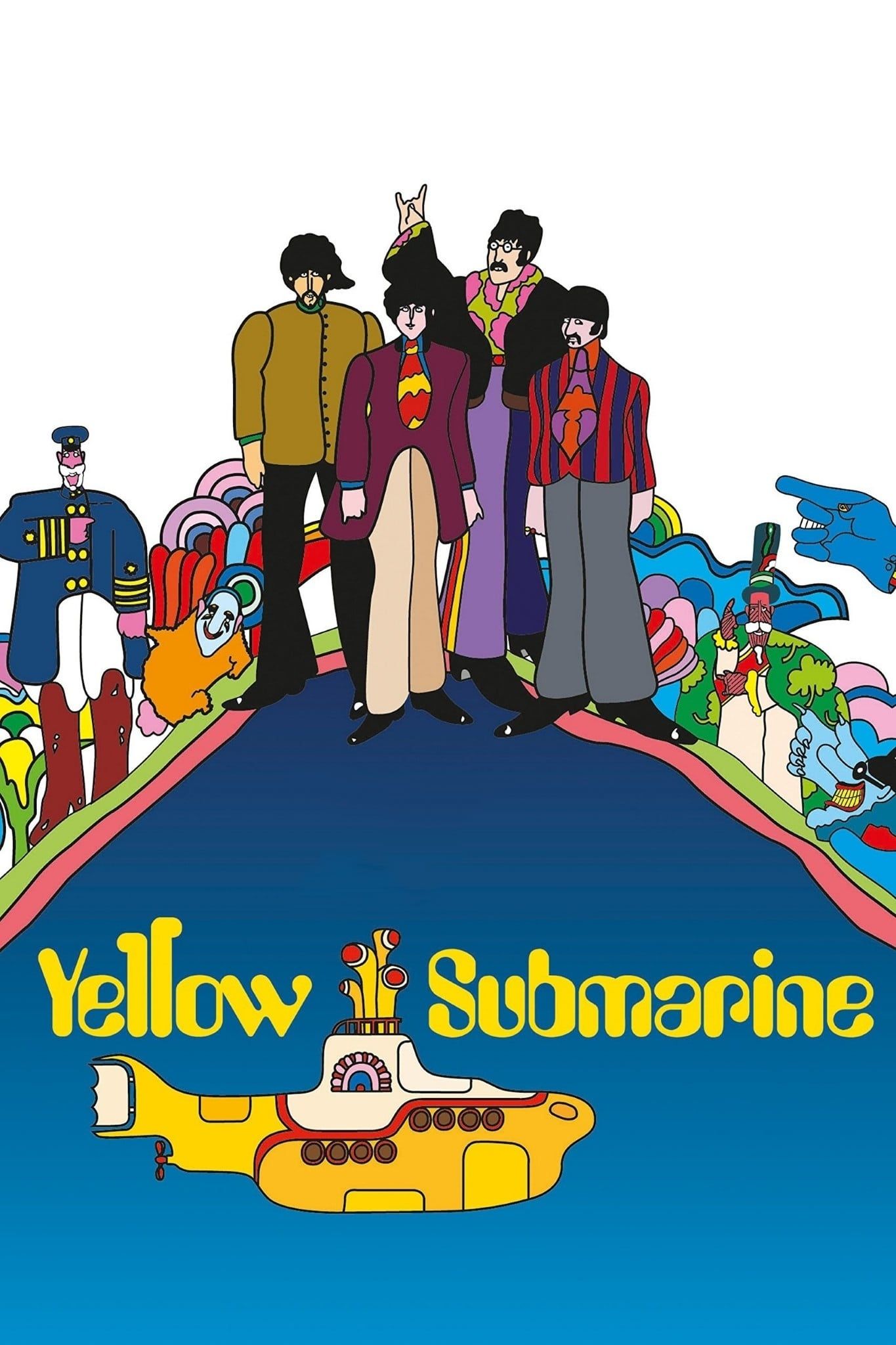
Yellow Submarine
- November 13, 1968
- 85 Minutes
- George Dunning, Robert Balser, Jack Stokes, Dennis Abey, Al Brodax
- Lee Minoff, Al Brodax, Jack Mendelsohn, Erich Segal, Roger McGough
Yellow Submarine is one of the most beautiful and beguiling movies of the 1960s, but it sometimes goes overlooked thanks to its connection to The Beatles. Although fans of the band will find plenty to love, the movie also holds endless treasures for the uninitiated. It's a work of art that deserves to be appreciated on its own merits, not just as an extension of The Beatles' artistic output.
Yellow Submarine is one of the most beautiful and beguiling movies of the 1960s.
When Western animation was largely trending towards a homogenized style centered around the old Disney classics, Yellow Submarine proved that there was plenty of untapped potential in the medium. By combining elements of hand-drawn animation with photography and collage, Yellow Submarine creates a kaleidoscopic dreamscape that pushes at the boundaries of what was considered possible at the time.
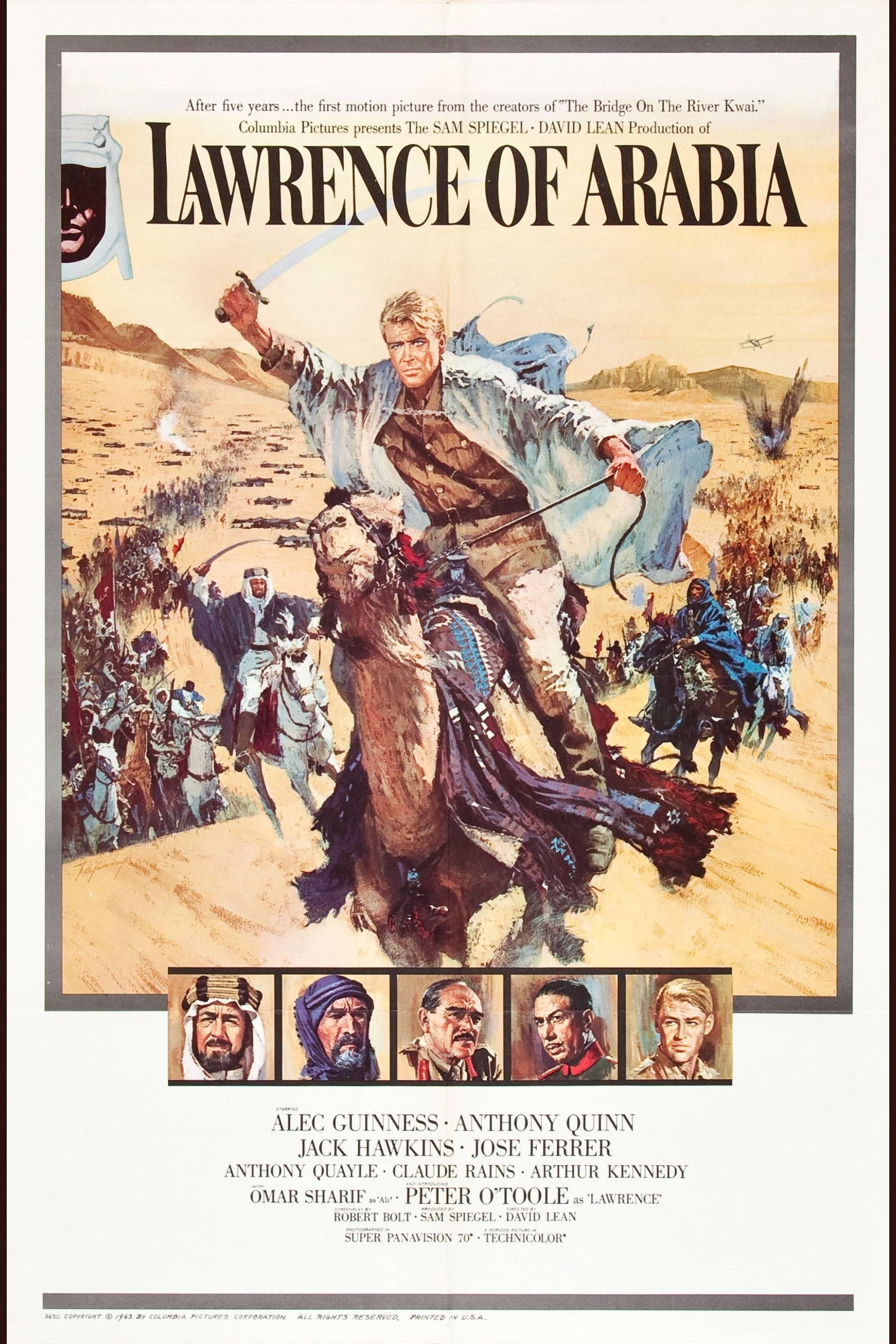
Lawrence of Arabia
- December 11, 1962
- 228 minutes
- David Lean
- Robert Bolt, Michael Wilson
In some circles, it's still seen as a rite of passage for any true cinephile to watch Lawrence of Arabia on the big-screen. This sums up the movie's spectacular appeal, and it still has the power to overwhelm and enchant audiences. In a modern era dominated by CGI and endless on-screen possibilities, it's hard to replicate the hefty impact of Lawrence of Arabia's gorgeous desert landscapes and sweeping orchestral score.
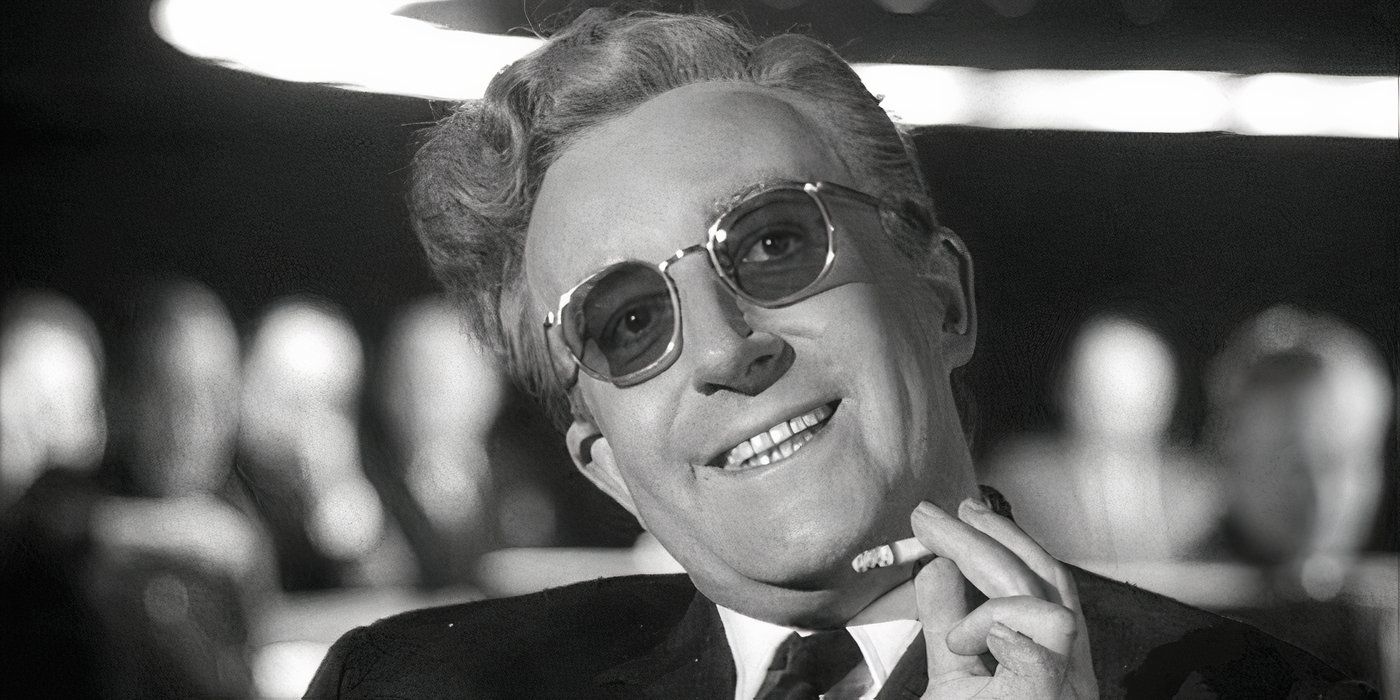
Related
10 Best War Movies From The 1960s
The finest war movies produced during the 1960s feature vibrant, haunting, and memorable works of Stanley Kubrick and David Lean.
, Lawrence of Arabia has a story and some outstanding performances to match its much-feted cinematography. The story takes a liberal approach to the real history of T. E. Lawrence, but its artistic half-truths can be easily forgiven when considering how entertaining the final product is. Now over 60 years later, a Lawrence of Arabia TV series is in the works, but it will struggle to match the impact of the movie.
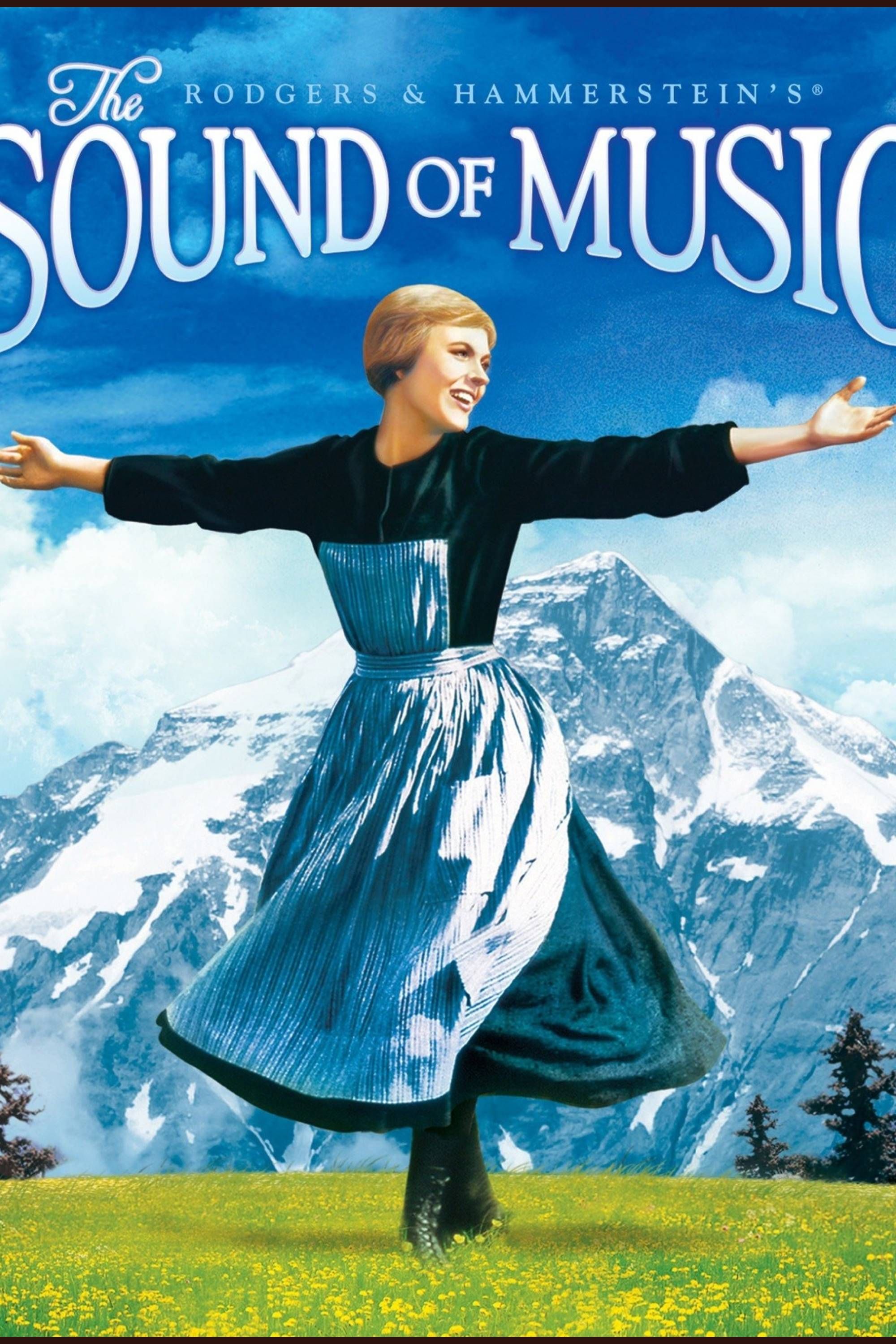
The Sound of Music
- March 2, 1965
- 174 minutes
- Robert Wise
- Writers
- Ernest Lehman, Howard Lindsay, Russel Crouse
While it's relatively rare for a musical to win Best Picture these days, the 1960s produced West Side Story, My Fair Lady, The Sound of Music and Oliver! These musicals now enjoy varying degrees of popularity, but The Sound of Music is one that has stood the test of time. Julie Andrews' charming central performance is just one big draw, while the soundtrack has many songs still considered classics.
While it's relatively rare for a musical to win Best Picture these days, the 1960s produced four winners.
Although The Sound of Music is loosely based on a true story, it's also a richly inventive tale about love and hope in a time of great turmoil. The music may be the movie's biggest positive, but it wouldn't work so well without its uplifting message. The Sound of Music represents the glamorous musicals of Old Hollywood, which creates a stark contrast to the more naturalistic movie musicals which tend to get made today.
Few movies have had the profound impact on the sci-fi genre that 2001: A Space Odyssey had. Both aesthetically and thematically, 2001 inspired movies like Alien, Star Wars and countless others. Despite its imagery being endlessly spoofed and recycled, it still retains its power to captivate audiences. This is because Stanley Kubrick's flair for cinematic spectacle conjures a series of endlessly fascinating images.
Many of 2001's most enduring motifs offer no simple explanation.
Many of 2001's most enduring motifs offer no simple explanation, because they are meant to be felt rather than seen metaphorically. The result is a sci-fi movie about the limits of human consciousness that defies any attempt to decrypt its meaning, and its enchanting mystery has kept inviting new audiences for decades. 2001 ranks as one of Stanley Kubrick's best movies, among some stiff competition.








